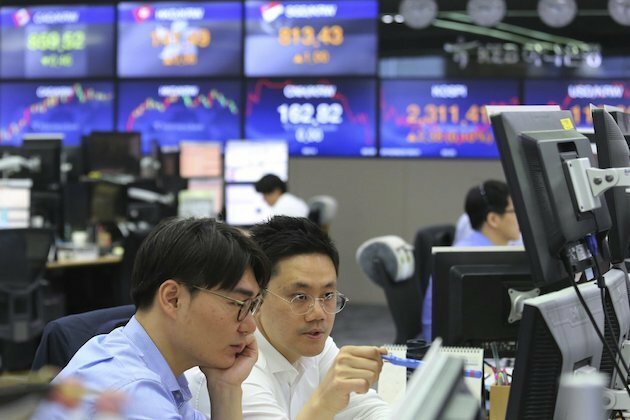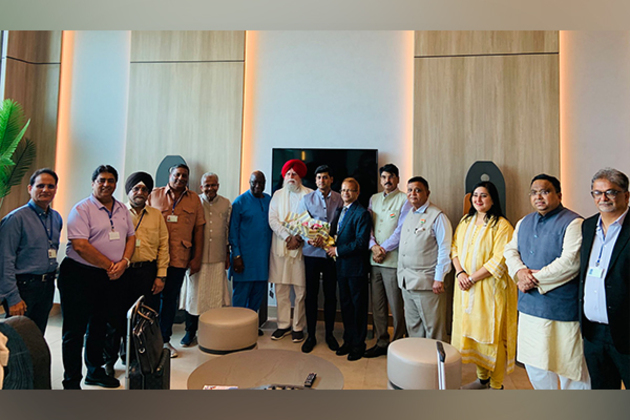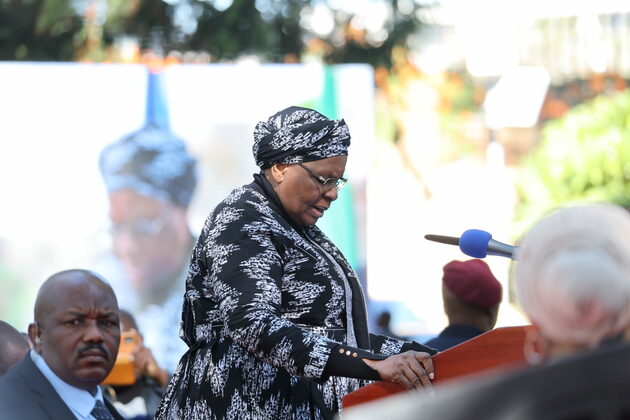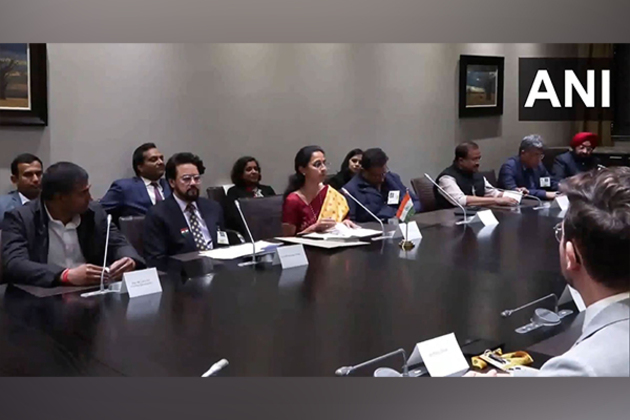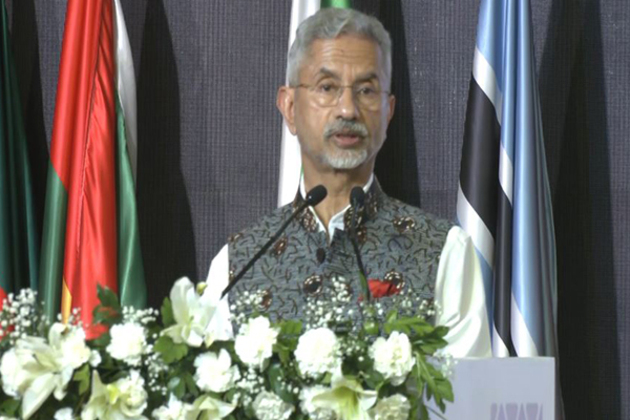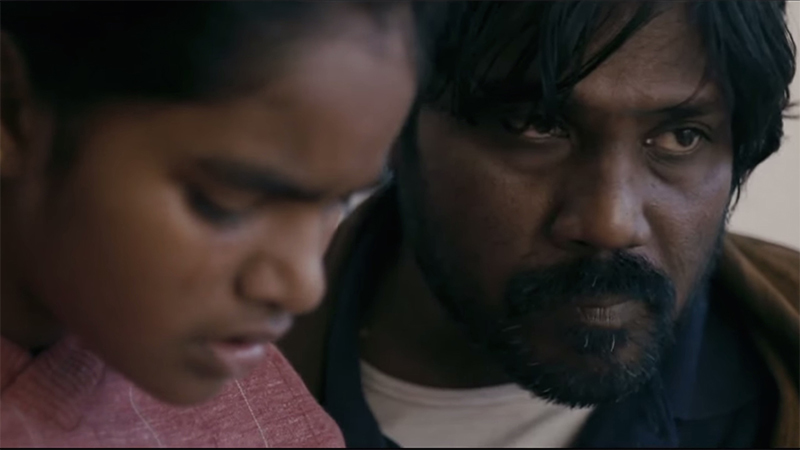How do Nigerian gay and bisexual men cope? This is what they told us
The Conversation
19 May 2019, 14:07 GMT+10

Many Africans who are not gay or bisexual - sexually attracted only to people of the same sex or of both sexes - claim that being gay or bisexual is not acceptable for religious and cultural reasons. Laws in numerous African countries - as is the case in Nigeria - also reflect this by criminalising same-sex sexual activities and same-sex marriage.
This cultural and legal environment increases the chances that gay and bisexual individuals will be discriminated against. They can also face threats and physical violence. Gay and bisexual people are aware of this, and often anticipate discriminatory acts even when they are not immediately present. This may include going to great lengths to conceal their sexual orientation.
Taken to the extreme, gay and bisexual people can imbibe these negative attitudes and direct them towards themselves - what's known as internalised stigma or self-hatred. Collectively, these stressful factors increase the likelihood of mental health problems and low life-satisfaction among gay and bisexual relative to heterosexual individuals.
Research has been done on how people - generally speaking - cope with stress . The studies show that some people use helpful strategies such as seeking support. This, in turn, improves their mental health and overall wellbeing. But others take up unhelpful strategies, like drinking, which can worsen their mental health.
Few African studies have investigated how gay and bisexual men manage minority stress. Based on this, my colleagues and I decided to look into what the situation was among Nigerian gay and bisexual men. Specifically, we set out to find out whether self-stigma affected their quality of life. We also investigated what coping strategies they adopted - both positive and negative - and how these affected them.
The findings
We asked 89 gay and bisexual Nigerian men to fill in questionnaires that asked them about self-stigma due to being gay and bisexual, quality of life and the coping strategies they used.
We found that the men in our study were more likely to use positive - or helpful - coping strategies rather than negative ones. These included accepting things as they were - in other words they accepted their sexual orientation and adopted a positive attitude towards it. Strategies like this were also associated with better quality of life.
But there were also those in our study who had adopted unhelpful strategies. These included smoking and drinking. These, in turn, were associated with poorer quality of life.
Other studies have shown that higher levels of stress in situations like this were often associated with more mental health problems and poor quality of life.
Our findings, however, weren't as straightforward. Overall, self-stigma was associated with poor quality of life, but when the level of self-stigma was low, its effects were offset by using positive strategies. However, when the levels of self-stigma were high, the positive strategies could not offset the associated poor quality of life.
Implications
These findings tell us that gay and bisexual men in Nigeria who have low levels of self-stigma and have adopted positive coping strategies can maintain a good quality of life. This means that one way of helping gay and bisexual men - in Nigeria as well as in other African countries - is to teach them positive strategies. These include accepting themselves for who they are and seeing the positive aspects of being gay or bisexual. This can be done by counsellors, therapists, psychologists, psychiatrists or other medical specialists.
However, these strategies don't work when the levels of self-stigma are high. This highlights the need to identify factors that can increase self-stigma. These are likely to be connected to the negative attitudes that predominate in many African societies.
This calls for a positive change in the attitude towards gay and bisexual individuals. It also calls for a change in punitive legislation, and positive additions such as laws to protect gay and bisexual individuals from being discriminated against.
 Share
Share
 Tweet
Tweet
 Share
Share
 Flip
Flip
 Email
Email
Watch latest videos
Subscribe and Follow
Get a daily dose of Sierra Leone Times news through our daily email, its complimentary and keeps you fully up to date with world and business news as well.
News RELEASES
Publish news of your business, community or sports group, personnel appointments, major event and more by submitting a news release to Sierra Leone Times.
More InformationBusiness
SectionWall Street has relapse Wednesday, after Tuesday's heady gains
NEW YORK, New York - U.S. stocks were weaker Wednesday, following Tuesday's heady gains when the Dow Jones jumped 741 points. Bond...
China’s GAC launches in Brazil as EV demand accelerates
SAO PAULO, Brazil: Amid a surge in electric vehicle (EV) adoption and growing competition in Brazil, Chinese automaker GAC has officially...
McDonald’s to shut down CosMc’s drink spinoff after short run
CHICAGO, Illinois: McDonald's is closing its experimental beverage spinoff, CosMc's, less than two years after launching the standalone...
China’s Lenovo profit plunges 64%, misses estimates sharply
BEIJING, China: China's Lenovo reported a steep 64 percent drop in fourth-quarter profit, falling significantly short of analyst expectations...
Economic data gives welcome relief to Wall Street
NEW YORK, New York - Strong economic data jump-started U.S. stocks and the dollar Tuesday, a welcome reprieve after weeks of pressure...
PepsiCo cleared in FTC case over Walmart discounts
NEW YORK CITY, New York: This week, the U.S. Federal Trade Commission (FTC) dropped its lawsuit against PepsiCo, which had accused...
Africa
SectionMP Baijayant Panda highlights India, Saudi Arabia "closeness" in their fight against terrorism
Riyadh [Saudi Arabia], May 29 (ANI): BJP MP Baijayant Panda, who is leading a multi-party delegation to Saudi Arabia, on Wednesday...
Shiv Sena MP Shrikant Shinde-led all-party delegation arrives in Sierra Leone
Freetown [Sierra Leone], May 29 (ANI): The group 4 delegation led by Shiv Sena MP Shrikant Shinde arrived in Sierra Leone, as part...
NAMIBIA-WINDHOEK-FIRST-EVER GENOCIDE REMEMBRANCE DAY-COMMEMORATION
(250528) -- WINDHOEK, May 28, 2025 (Xinhua) -- Namibian President Netumbo Nandi-Ndaitwah (C) speaks at a commemoration event marking...
All-party delegation led by Supriya Sule meets South Africa's Agriculture Minister
Cape Town [South Africa], May 28 (ANI): The All-Party parliamentary delegation led by NCP-SCP leader Supriya Sule, met John Steenhuisen,...
"Our relationship, connect, and empathy truly special": EAM Jaishankar hails India-Africa ties
New Delhi [India], May 28 (ANI): External Affairs Minister S Jaishankar said that the relationship, connect and empathy between India...
Top Russian senator congratulates Iranian counterpart on re-election
Moscow is ready to deepen mutually beneficial bilateral ties with Tehran, Valentina Matvienko has said Valentina Matvienko, chairwoman...


